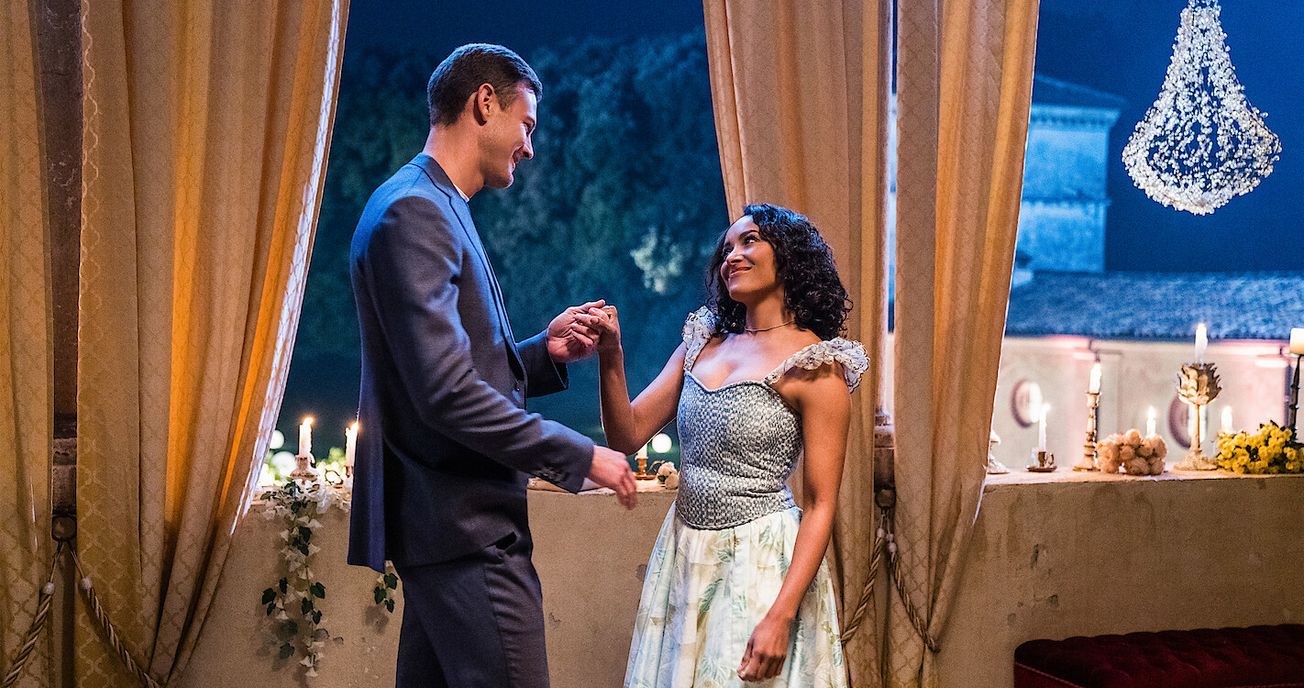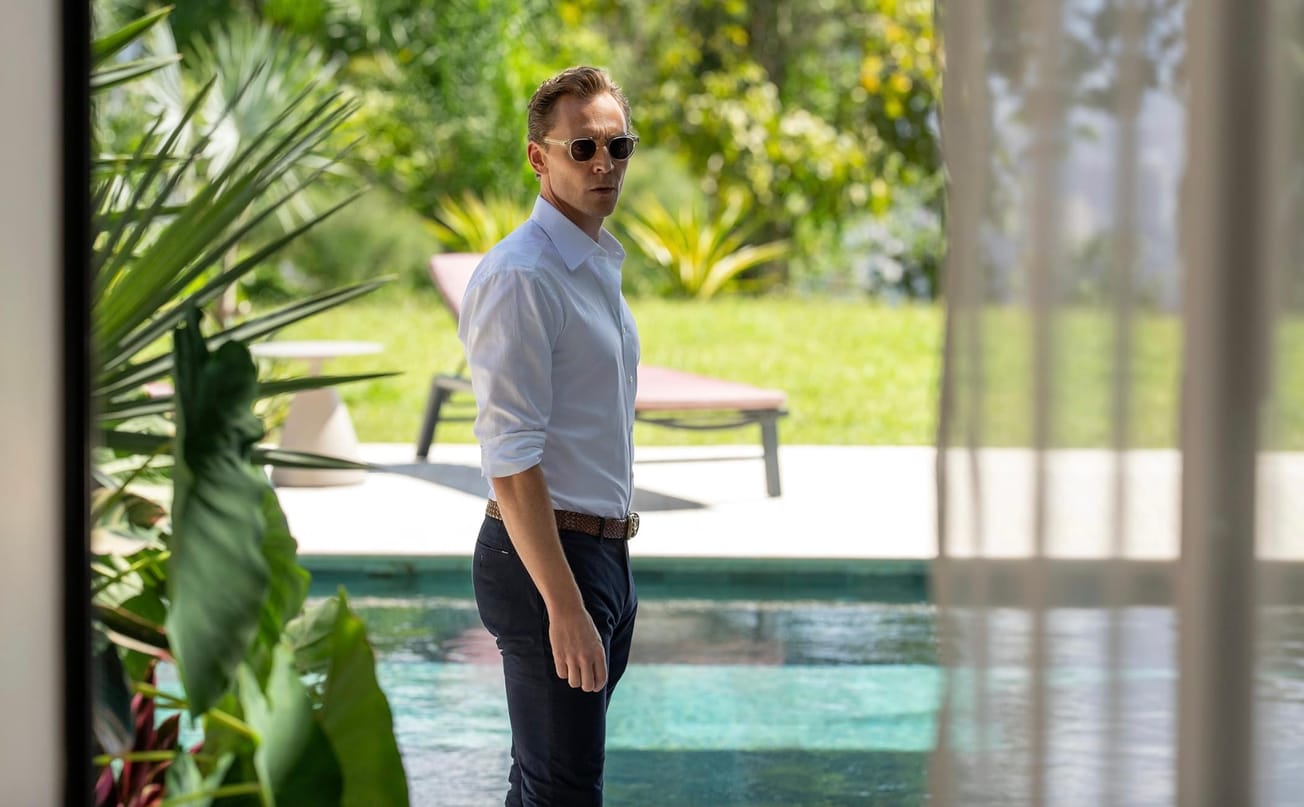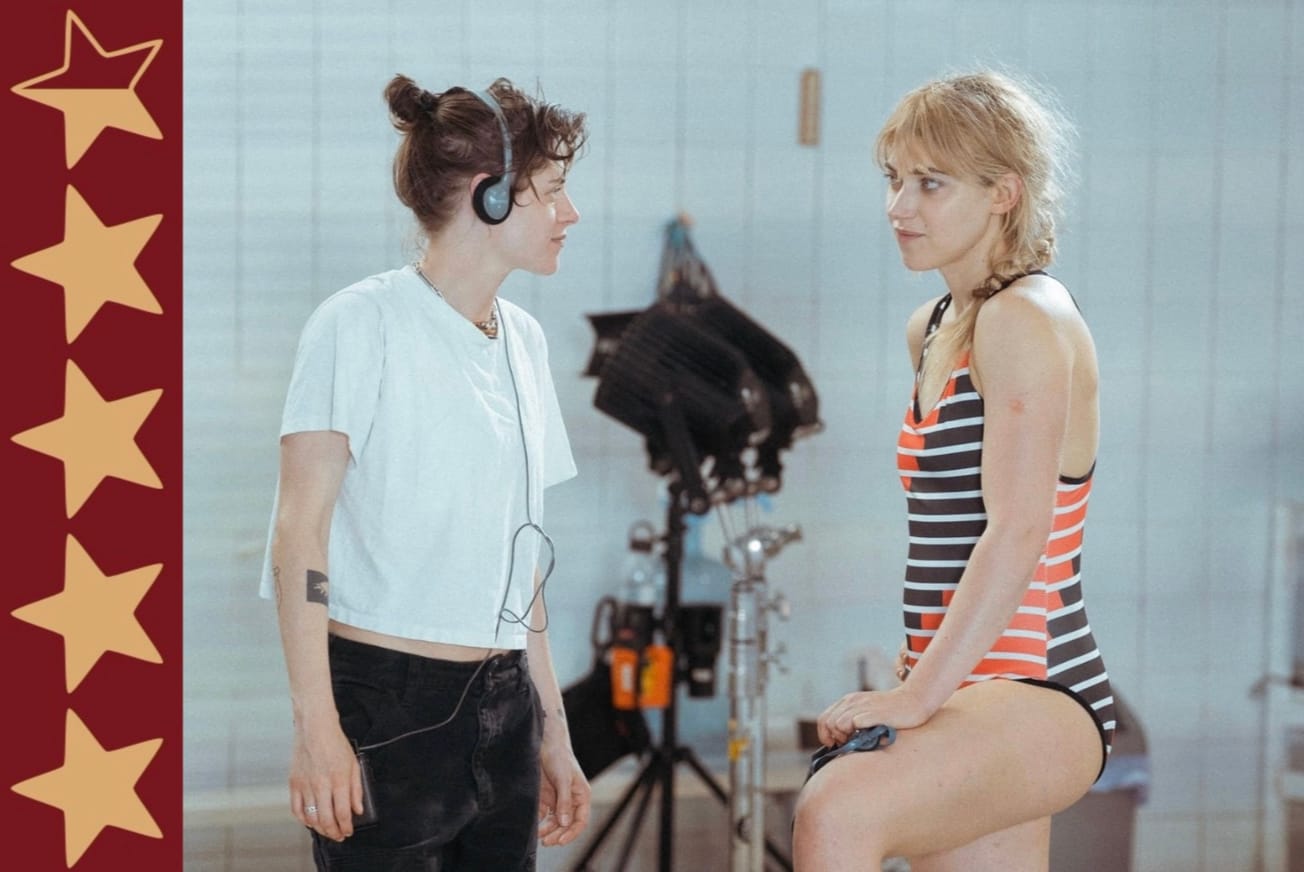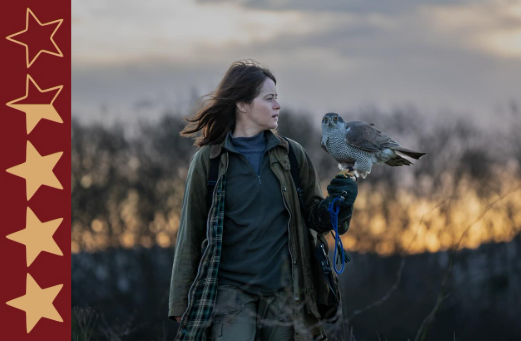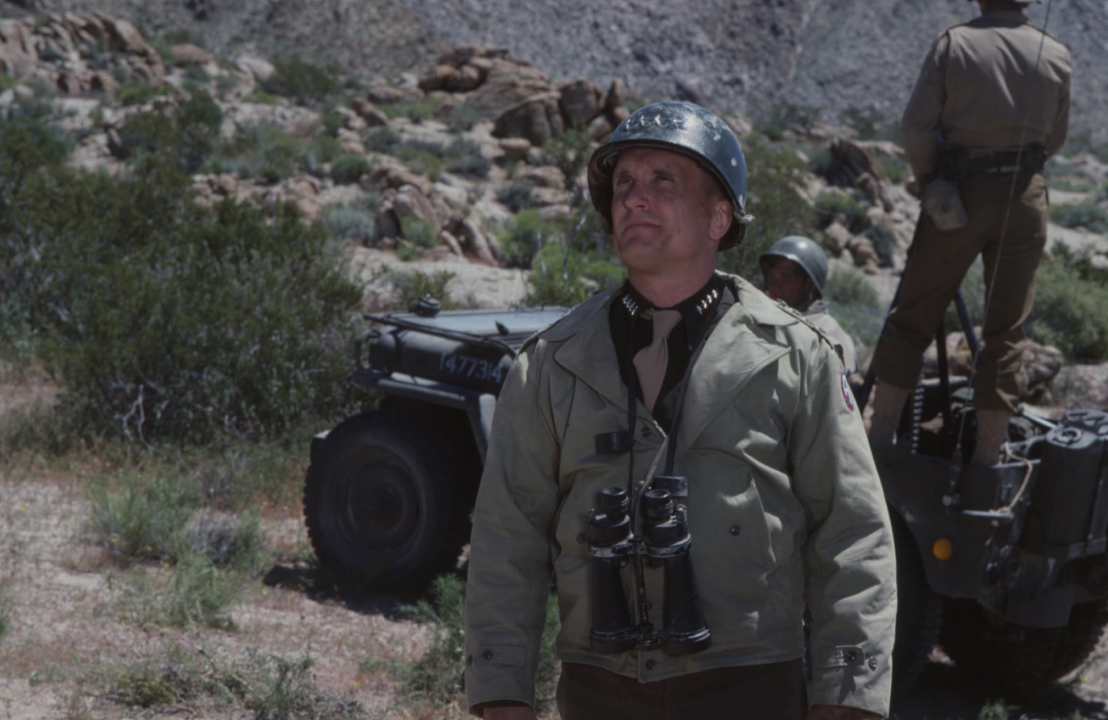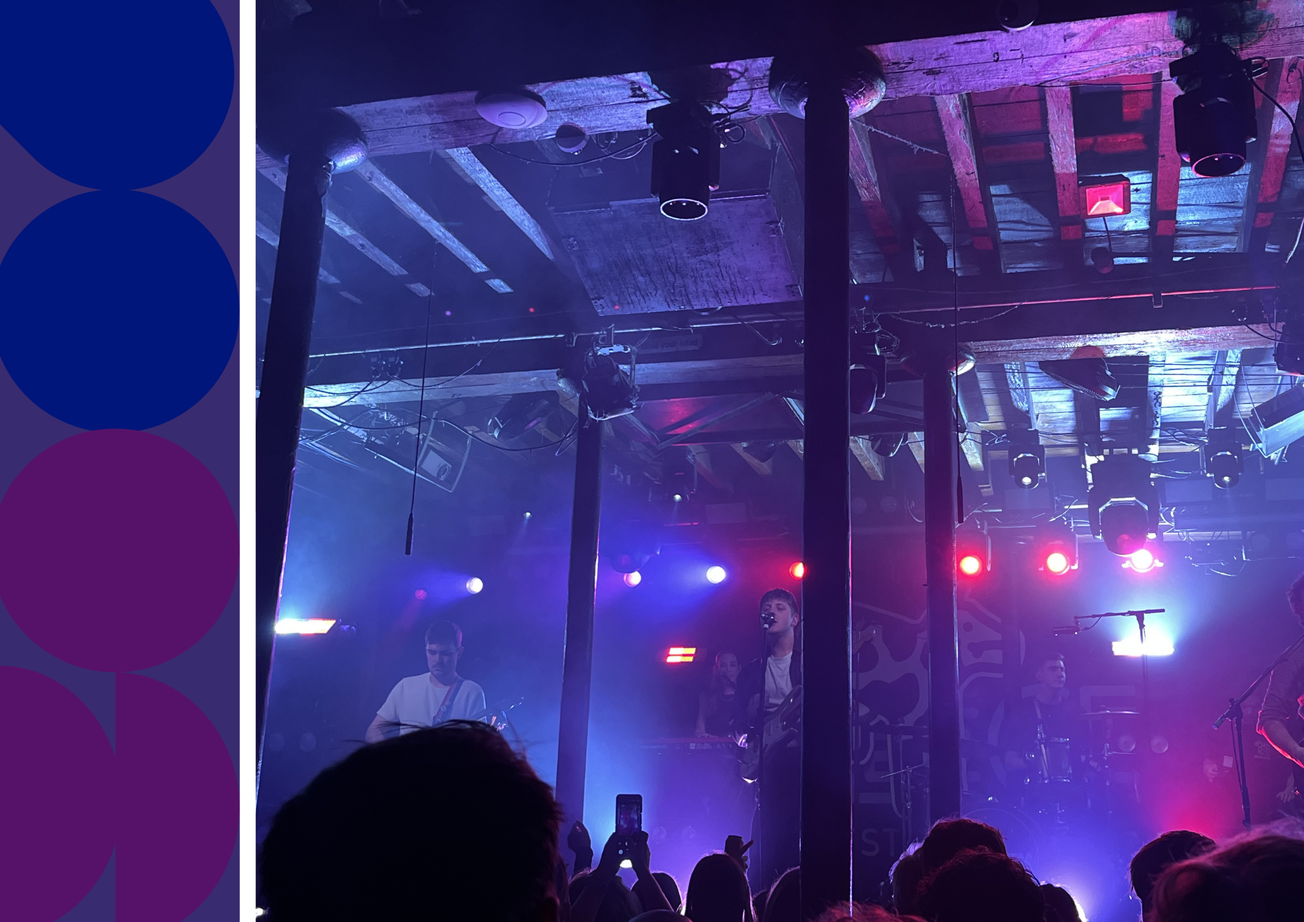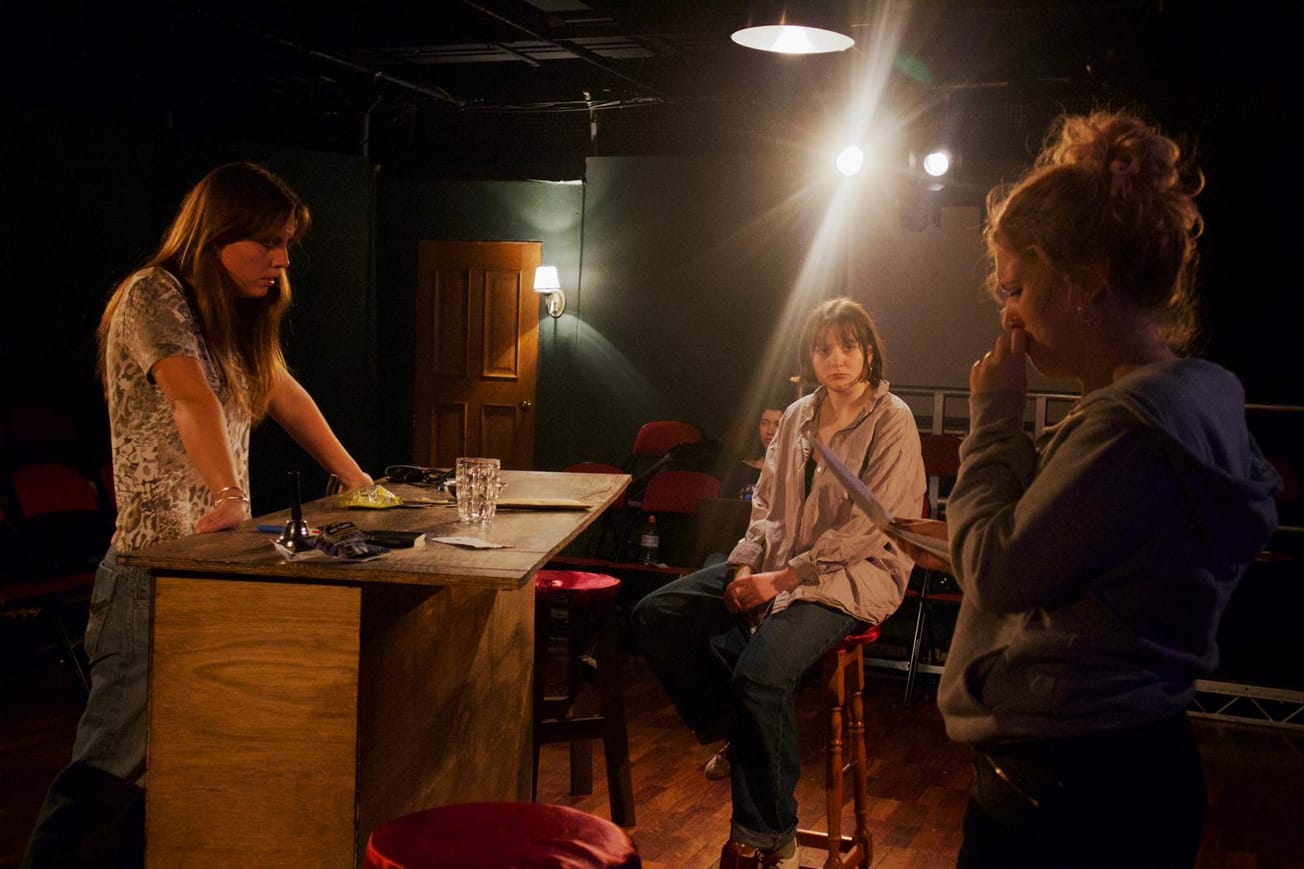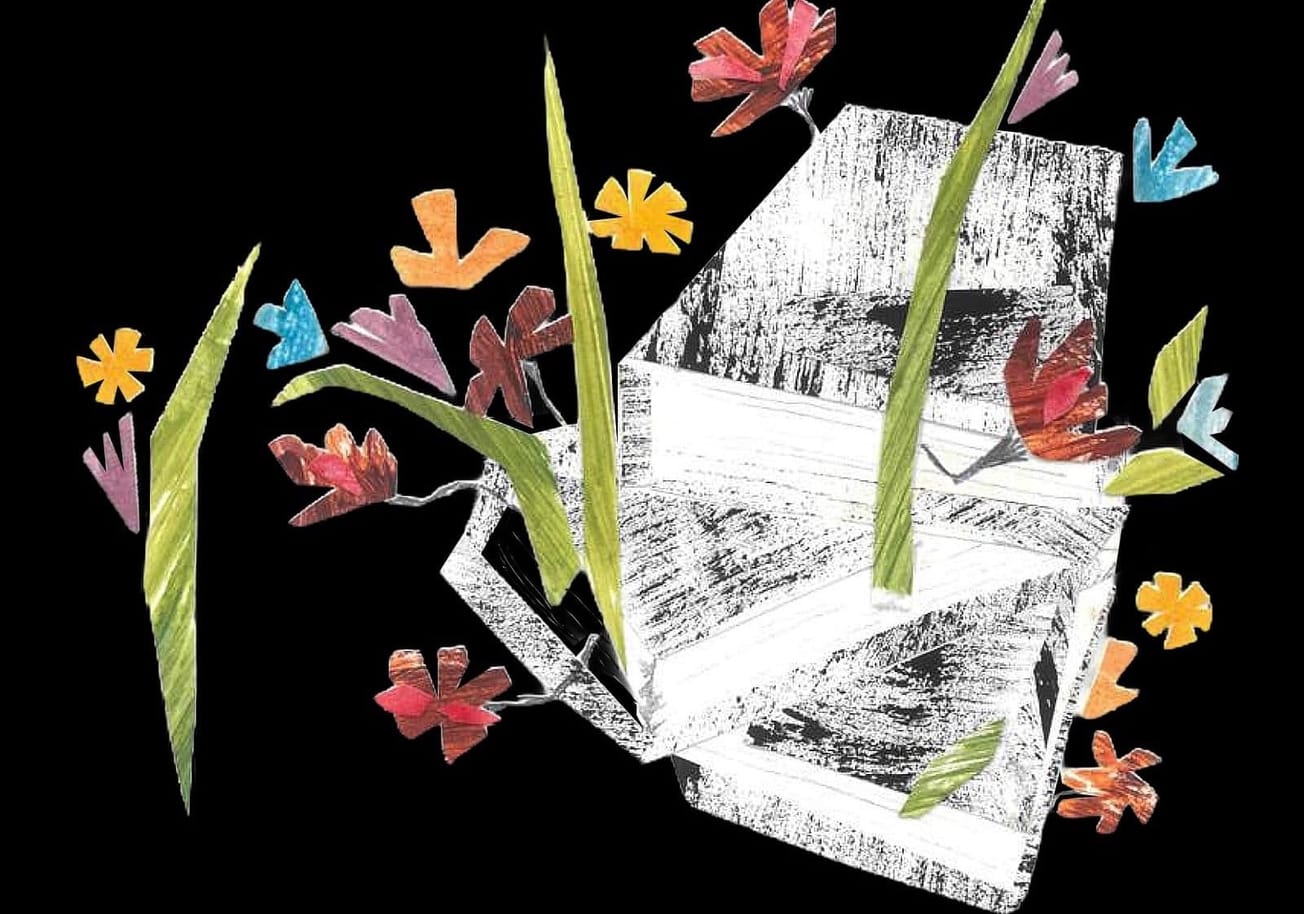By Kyia Small, Second year, English and Spanish
Our decision to watch a film containing the word 'love' in the title anticipates two very predictable endings: the couple will experience a sweet romance or bitter heartbreak. Love in the Villa (2022) traces young and exuberant primary school teacher Julie's (Kat Graham) journey to maturity when what she thought she knew about the past is no longer true.
Julie longs for a trip to Verona with the love of her life, however, this does not go to plan. 'The girl who always had a plan' must scrap the 7-day hourly itinerary that she has written and increase the percentage of time she had dedicated to 'spontaneity' to one hundred.
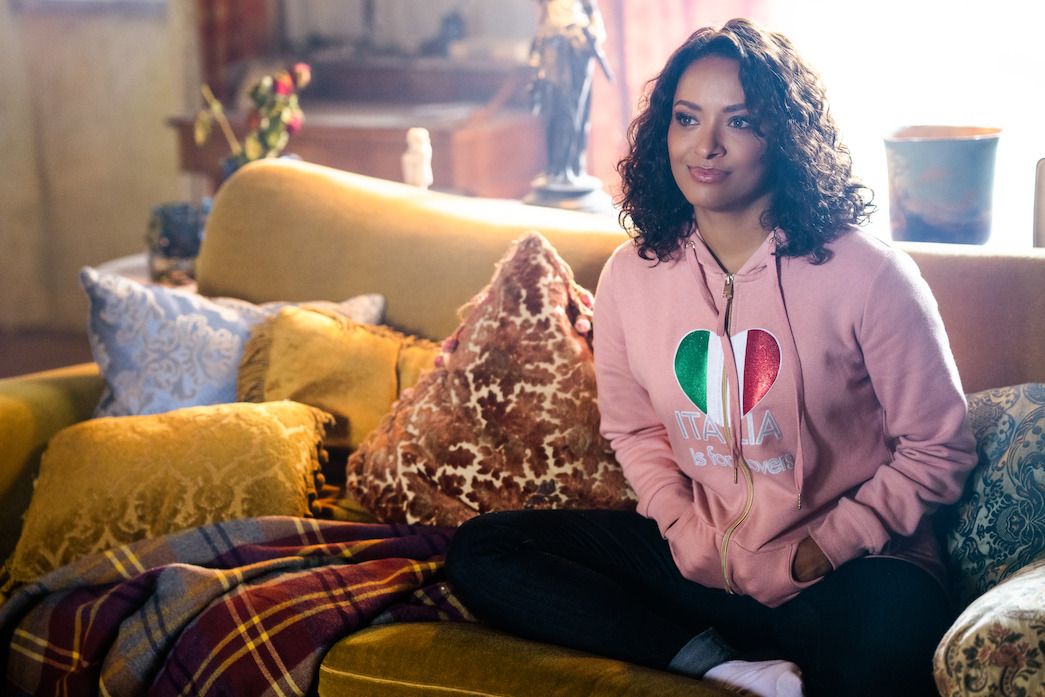
Even though Julie does not necessarily choose to go to Verona alone, there is an element of choice in the relationship that she kindles with British heartthrob Charlie (Tom Hopper) because a series of amusing clips showing their petty feuds- most notably changing door locks, leaking diary entries and a food fight- proves that it is a slow burner.
The film is set against Shakespeare's Romeo and Juliet, coupled with beautiful long shots of the Italian city of love, meaning that the stars should be aligned for the pair to fall in love. Still, their incessant bickering is a striking and somewhat reassuring reminder of what dating is really like: 'we celebrate Romeo and Juliet, not Montagues and Capulets'.
This interplay between fantasy and reality threads throughout the film, but it is particularly potent in a scene where rising tensions culminate in a passive-aggressive confrontation that parodies 1940s gothic melodrama - lightning flashes across faces, and the sound of Dalida's spectral voice rings in the background.
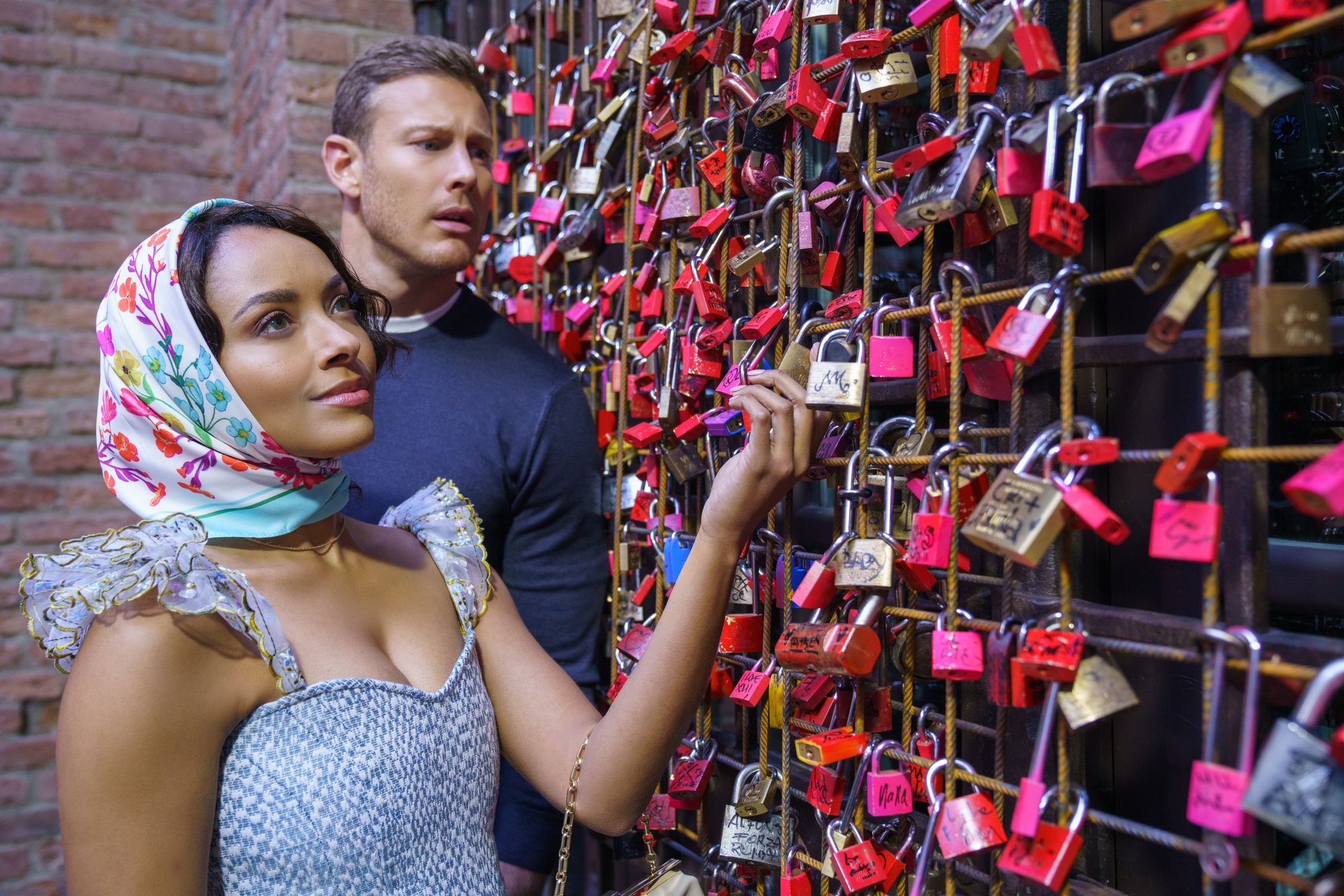
Charlie always seems to keep Julie grounded with a pessimistic outlook on life; he claims that 'the power in any relationship resides with the one who cares less,' which seems to portend his future actions, and his responses to Julie's wishful comments often concern money.
The film is full of paradoxes because we think that Julie and Charlie will get along as soon as they meet each other, but also know that they will eventually although they do not initially - their love is unexpectedly expected.

Our first insight into Julie's tormented love life is in the opening scene, when the camera snaps from a passionate reading of Romeo's first speech to a classroom filled with students who cannot appreciate the full weight of the words that they are hearing. This comically introduces the theme that Julie is more wrapped up in fantasy than the children around her.
Ironically, a character who makes reservations for lunch and dinner every day so that nothing is left to chance gladly puts her love life in the hands of fate. Even though she rejects an unhappy relationship, a close shot of her book suggests that her story is prewritten. Julie values fiction so much so that, much to the viewer's disdain, she brings about a self-fulfilling prophecy of ending up with a man rather than choosing her own path.
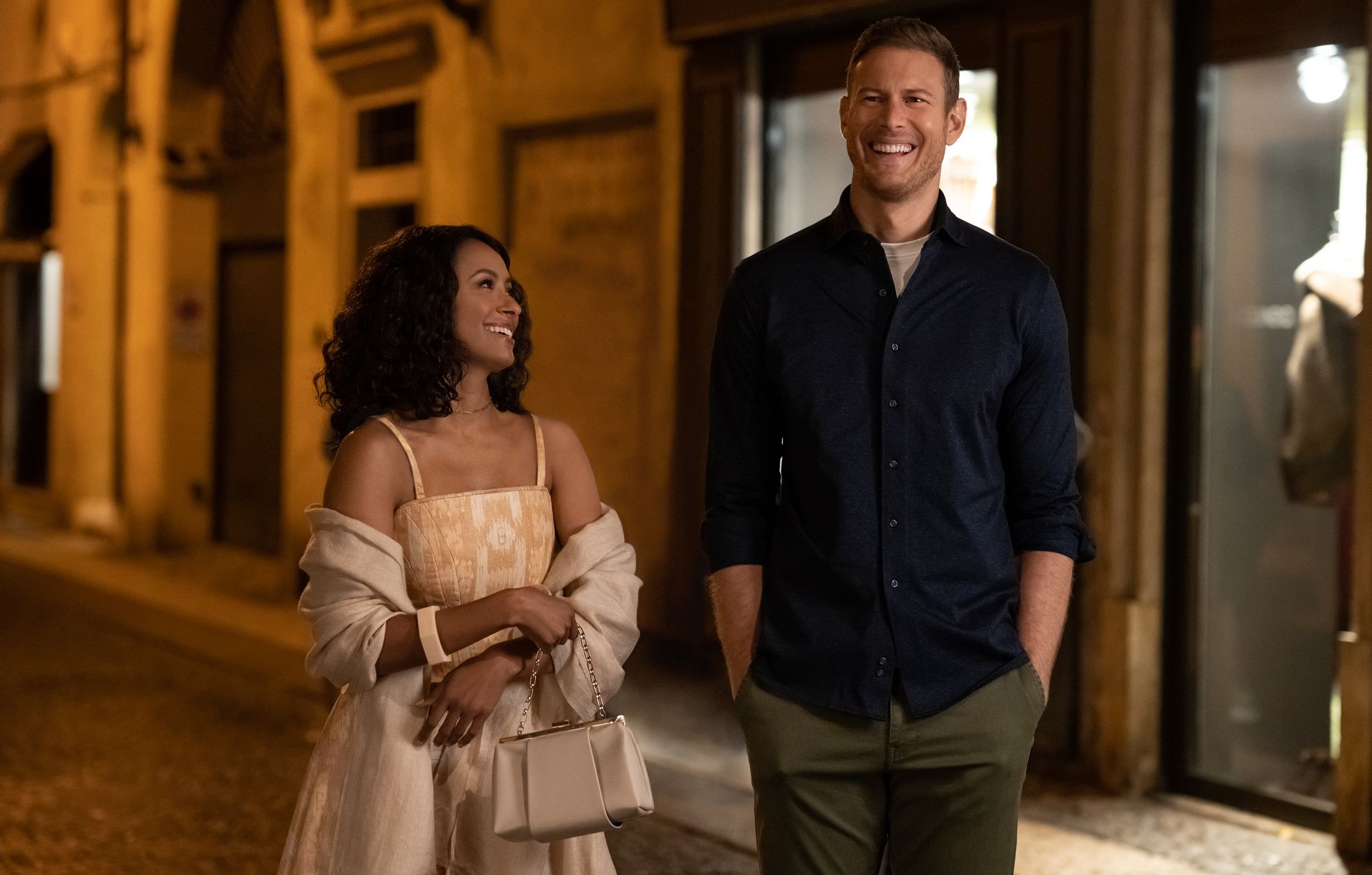
The stereotypes of crazy women, flamboyant gays and loud Italians that permeate the film also contribute to the idea that destiny is not a choice, best shown when Charlie tries to get Julie back, and yet, she only comes back to him by chance after forgetting her purse. Similarly to Charlie's ideas about destiny, the ending seems to anticipate itself because it comes full circle when Julie's ex-partner, Brandon (Raymond Ablack), returns to confess his undying love.
The film has a metafictional quality that prompts us to judge characters and made me feel as though I was a puppet being pulled along by string to some preordained conclusion. Still, I do think that the director ultimately let me decide whether characters have agency or not. The pressure on men (particularly Brandon) to tie knots is represented, and whether Charlie ultimately chooses Julie himself or not is left to viewer discretion.
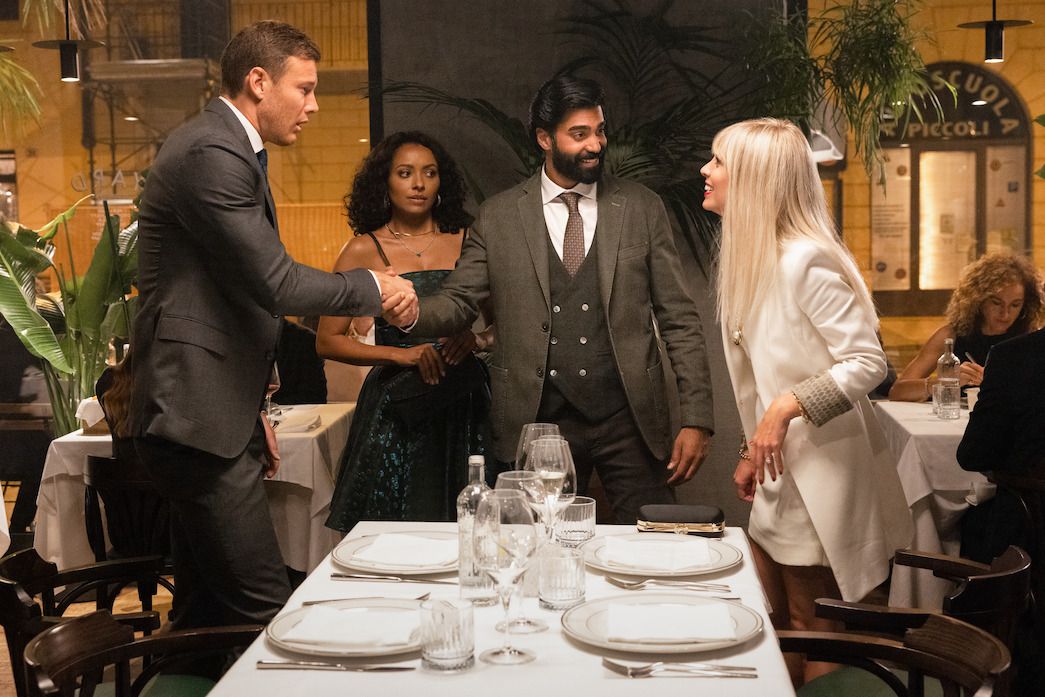
Perhaps the abrupt final blackout is supposed to bring our attention to Julie's self-discovery as a teacher who learns that love cannot be taught and, even though a man chooses her, it is her who chooses to find order in losing control. The film is conventionally unconventional and in the least cliché way - the love that Julie was missing was that for herself.
Featured Image: Netflix
Were you whisked away by Netflix's Love in the Villa?

